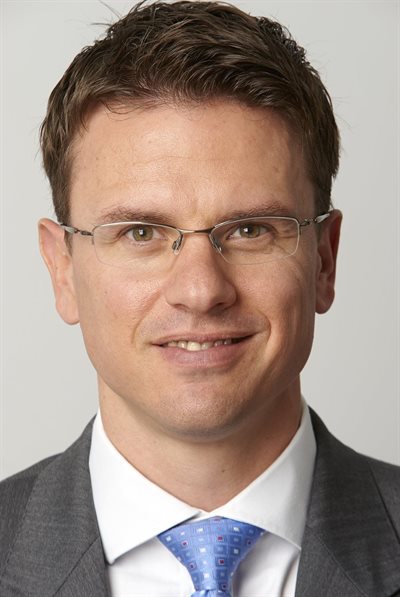The CHHP has recently joined forces with the South African Sports Confederation and Olympic Committee (Sascoc) to support Team South Africa as a preferred provider in its preparation for the 2021 Tokyo Olympics and Paralympic Games. The CHHP will offer mental health screening and advisory services to all athletes, with a focus on improving well-being and performance. The process will commence during the first week in February and will allow all athletes the opportunity to attend the programme over the following two months.
The CHHP was created at the NWU after combining the expertise of the Institute of Psychology and Wellbeing, the Institute for Sport Science and Development and the Institute for Biokinetics.

Prof. Pieter Kruger
The focus of the CHHP is on rendering comprehensive, quality, evidence-based services in the field of health and human performance, underpinned by neuroscience and cutting-edge technology. According to Prof. Pieter Kruger, director of the CHHP, some of the services that will be offered include assistance with the understanding of the mechanics of anxiety and why the brain struggles with uncertainty. “This is a topic that is extremely current and relevant in our uncertain, mid-pandemic world. We will also help the athletes in exploring psychological challenges to Covid-19 that may affect their well-being and subsequently their performance. The principles we will be discussing are very much relevant to well-being, and to performance under pressure. Although the main aim would initially be to provide the athletes with evidence-based tools and techniques specifically for dealing with anxiety and uncertainty, the skills are equally applicable in a high-performance competition environment. We will also be discussing the application of specific functional behaviours to support the athletes during difficult times,” Prof. Kruger says.
The athletes will undergo a brief psychometric assessment prior to the commencement of the programme. This will allow the CHHP clinicians to adjust the programme content to the specific needs of the athlete. The CHHP will host nine workshop programmes to ensure that the entire 219-strong Olympic and Paralympic group gets an opportunity to undergo the training. The athletes will also be supplied with additional resources and referral pathways for those individuals who feel that they need more support after the programme.
“We look forward to collaborating with Sascoc and to supporting our Olympic and Paralympic squads to maximise their performance at the Games later in the year. We have an exceptional team of practitioners across the spectrum of health and human performance and I trust that we will be able to make a meaningful difference to the athletes,” Prof. Kruger concludes.
The forthcoming Olympic Games are scheduled to take place in July of this year in Tokyo, Japan.
